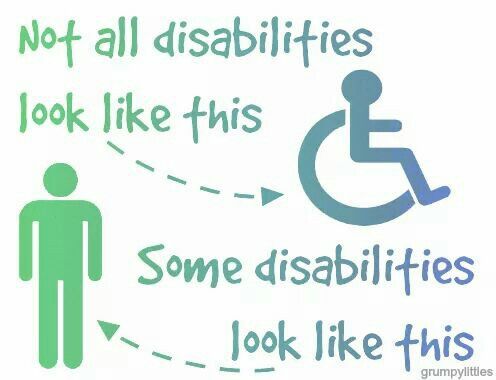HNPP affects people in all sorts of ways. There’s a spectrum as there is with many conditions. Some very fortunate people just get a bit of tingling in different parts of their body and some can get paralysis.
The problem is that people don’t know they have the condition and think that what they’re experiencing is normal because it’s normal for them. They keep on doing things that are damaging their bodies and they don’t know it. If my mum hadn’t been experiencing problems and been diagnosed I might not have realized anything was wrong with me.
I would have thought that it was normal to:
- Have periodic episodes of numbness around my body
- Be in excruciating pain when writing or doing any fine dexterity for longer than one minute.
- Have my hand stop working and go into episodes of paralysis
- Have my grip give out for no reason whatsoever other than my hand stopping working
(There are more but I won’t bore you)
If you want to know more about how HNPP has started to effect my life you can find out about it on the home page.
The problem is that people don’t know, their doctors don’t know and long term damage is being done. This is damage which can end up being seriously debilitating. That’s why awareness needs to be raised , people are doing themselves real harm and suffering the consequences unnecessarily.
Here are a few real world examples of how HNPP can affect people:
I know of someone who was trying out for the army (they didn’t know they had HNPP). Each day they would go on long runs with very heavy backpacks on. In addition they would do all the drills they were required to do (I mean you have to if you want to join the army). After weeks of this they became paralyzed in both their legs and one of their arms. Years later they haven’t fully recovered and their life is very different.
Another example is a woman who was a professional basketball player (she didn’t know she had HNPP and didn’t have any real symptoms of HNPP.) Later on she became pregnant and went through a difficult nine hour labour. She was in the same position for nine hours; this resulted in her becoming paralyzed in both her legs. She had a mostly full recovery after ten long months.
Many people with HNPP are prone to muscle weakness, especially in their hands (as we use them all the time). Therefore the hands are usually an area which starts to show symptoms first. Muscle weakness and numbness can become so bad that people can’t even wipe themselves when going to the toilet. This can severely affect their quality of life.
Some HNPP sufferers can’t walk for very long and have to resort to a wheelchair. Some can barely use their hands in a day because they are just so weak. Others have it affecting their voice box and can even lose their ability to speak temporarily.
HNPP can affect people in all sorts of ways; this can be slight numbness to full blown paralysis.
Last thoughts:
HNPP is generally Hereditary with it being a Dominant gene, that means if you have it there’s a 50% chance any of your children be born with it.
You might think, “it’s never going to affect my family” (if you and your family member don’t have it). Well, think again, because around 20% of cases are first generation sufferers who spontaneously develop the condition as a foetus. This is a sobering thought. Sadly, HNPP can affect children whose parents aren’t affected. Thankfully it’s not something you develop later on in life; it’s just something you are born with. HNPP effects up to 1/2,500 people.
As always, thanks for reading my blog and be sure to keep up to date. Please follow my story and share my posts to raise awareness of this horrible condition. If you want to get involved, you can find out more information on the get involved icon at the top of the screen.
You can also keep up to date through liking my Facebook page where I will be doing videos to show my progress. https://www.facebook.com/mylongwalkaroundbritain/
See you next time guys,
Barney




I’ve got HNPP – diagnosed in my 50s after an office move rearranged how my desk was set up, and my hands stopped working. We call it The Weird Thing at home now. Enjoy your quest, and I applaud you for taking the head scratching out of your diagnosis by medics and others. Good luck, and enjoy having the sea as your neighbour.
Thanks for sharing Helen. I know it’s not going to be a walk in the park… Every bit of encouragement helps.